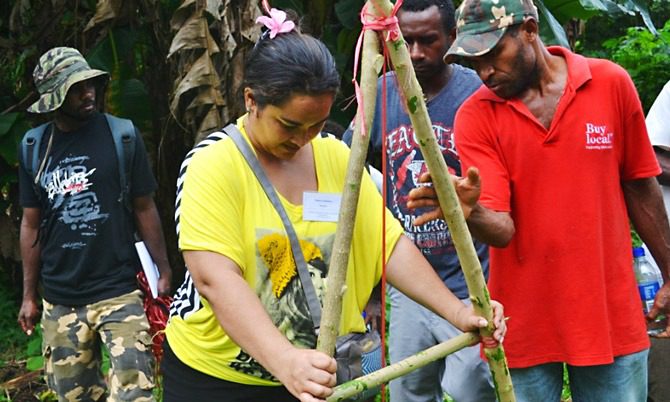Democracy & Governance
Africa: The Role of Policy Makers & Financial Institution In Agricultural Development

The growing population of young people in sub-Saharan Africa are all facing a common challenge, that of unemployment. The challenge is not just one of creating jobs in the formal sector, but of creating opportunities for productive activity of workers in agriculture. The agricultural sector is uniquely positioned to absorb these workers, and policy makers should position this as a solution to the challenge of job creation.
Although farming is often done by the elderly, the profession’s requirements for energy, innovation, and physical strength make it ideally suited for the youth. Energy, creativity, and strength are attributes that Africa’s young people have in abundance. However, the agriculture that attracts them will have to be profitable, competitive, and dynamic. Yet, these are the same characteristics needed for agriculture to deliver growth, to improve food security, and bring sustainable development.
But what has kept young people from exploring farming as a business venture? Most of them, especially those who grew up in rural areas, have only experienced subsistence farming, which has been in most cases highly tasking, and low on returns. Youth need to be enabled to utilize mechanized farming, and explore other exciting agricultural business opportunities. For this, they need financing, yet most youth don’t have collateral, they don’t own land. Financial institutions thus need to come up with products specifically targeting the youth, and together with other actors provide them with financial literacy training to enable them make use of these products.
Beyond this, community development organizations, and youth themselves, can organize forums for youth engaging in agriculture to share lessons, ideas and challenges that can be channeled to policy makers, possibly for policy development.




















